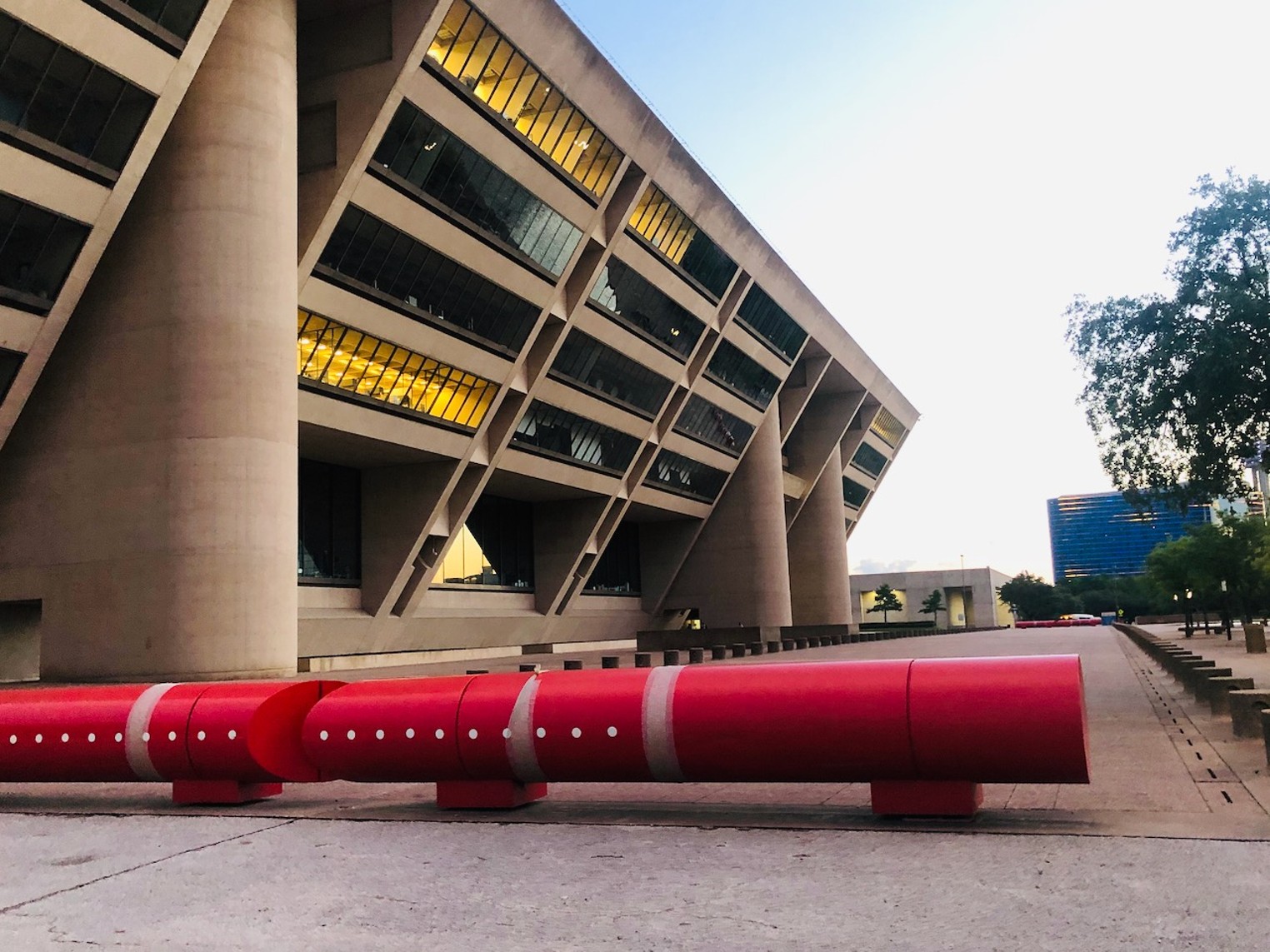Dallas Will Allow Rental Property Owners To Do Their Own Inspections


Dallas’ Code Compliance Services launched a new program this week to allow single- and multifamily rental property owners to perform their own annual inspections. The goal is to free up code compliance staff so they can go after rental properties with persistent code violations.
To qualify for the program, multifamily rental properties must score 90% or higher on an initial inspection. Single-family rental properties can qualify by resolving all violations found during an initial comprehensive inspection.
Nathaniel Barrett, a Dallas landlord who owns and operates a dozen apartments in the city, said he would welcome the reduced burden of self-inspection. “It sure beats the annual inspection process,” Barrett said. He has some concerns about people fabricating the results of their self-inspections, but said requiring such a high score to be eligible for the program could help prevent abuse.
Ariel Garcia, the city’s code administrator, said the department will still keep an eye on properties in the program and look out for owners faking their scores. “Just because the property is doing the self-certification program does not mean we will 100% release the property from our authority,” Garcia said. “Our team is still going to be responsive to any and all complaint calls or any calls for service from tenants or neighboring properties.”
On top of that, Garcia said code compliance will audit properties in the program randomly and without notice. “If there’s ever any disparity, we still have the authority to come and inspect,” he said. “If at that time we see issues that are concerning, we can complete a full scale, comprehensive inspection.”
“The goal is just to become more efficient to provide better customer service to the more problematic properties.” – Ariel Garcia, Dallas code administrator
tweet this
Multifamily properties with too many violations can get kicked out of the program. The number of allowable violations in the program is determined by each property’s size. Single-family properties can be disqualified after just one violation.
“The goal is just to become more efficient to provide better customer service to the more problematic properties,” Garcia said.
It’s necessary, in part, because of the influx of people moving to Dallas in recent years. “A majority of them have come to rental properties,” Garcia explained, “and because of that there has been a spree of construction that’s been going around the DFW metroplex.”
Today, about 67% of Dallas residents are renters, according to city officials. A majority of the city’s multi-family rental properties, 65%, would qualify for the program.
Generally, code compliance staff would be responsible for the inspections of all of these complexes, some of which have hundreds of units. These inspections can take hours, if not days, and they’d need to be done at least once every three years. “The problem is a lot of these new megacomplexes that are being built, they’re state of the art. They’re top flight,” Garcia said. “But due to their size they require a lot of man-hours to appropriately complete those comprehensive inspections.”
Previously, code compliance staff would take hours or days inspecting new or recently built apartment complexes they knew were likely to pass. Meanwhile, they wouldn’t always have time to deal with properties that may have been out of code or developing violations for years.
The program is meant to prevent this situation and give city staff more time to focus on persistent code violators.
But, with all this extra time, if code compliance comes down too hard or too fast on properties with repeat violations, the residents living there could be displaced. Garcia recognizes this.
“We are aware that that is an issue,” he said. “We don’t want to hit the property owner over the head with a maintenance bill that’s $400,000 and give them 30 days to make repairs. That would translate, more than likely, to raised rents and displaced residents.”
Garcia hopes the program will allow staff to work more with these property owners to resolve their code violations in a reasonable way and help prevent new ones.
With more time on their hands, Garcia said, code compliance staff has more discretion. “Rather than having to hurry and get to the next inspection, we have time,” Garcia said. “If I’m able to see signs of improvement, the property owner is sharing documentation showing there is a plan involved and tenants are in agreement and their wellbeing is taken into account, I can be a bit more flexible with my timeline on how we can get these repairs taken care of.”
Starting this week, all rental property inspections will determine eligibility for the program for the upcoming year.
[ad_2]
Share this news on your Fb,Twitter and Whatsapp
Times News Network:Latest News Headlines
Times News Network||Health||New York||USA News||Technology||World News